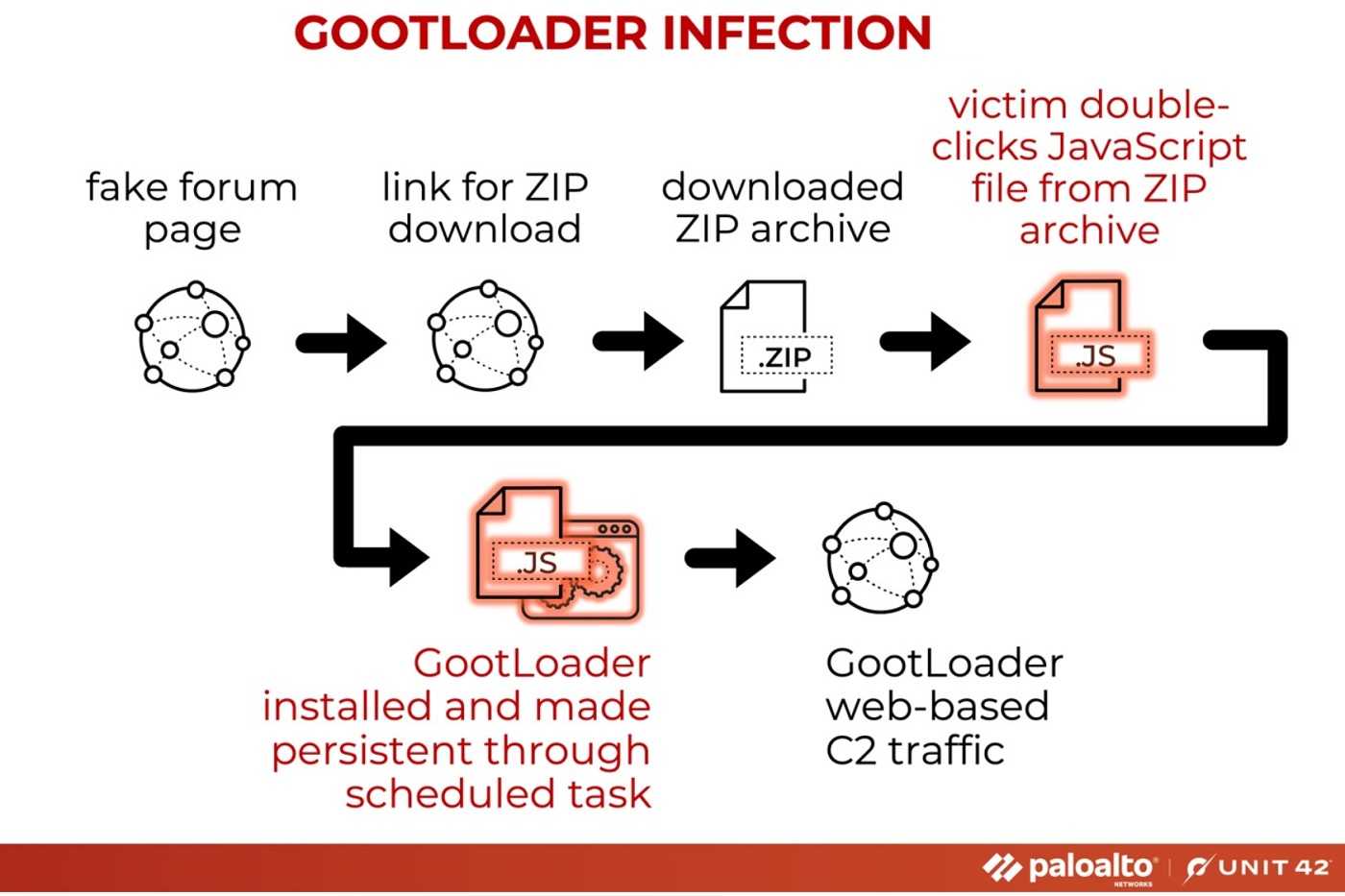A Bengal Cat Search Might Get You Cat Scratch Fever
January 18, 2025
A recent cybersecurity threat has been identified targeting people who love a particular breed of cat. All it takes is for a curious cat lover to type the phrase "Are Bengal cats legal in Australia?" into a Google search box. And let’s face it, while all cats are loveable, it seems that Bengal cats are getting a bad reputation with this latest malware attack.
Cybercriminals are leveraging SEO poisoning techniques to rank malicious sites highly for this search query. When users click on these misleading links, they are directed to a page that prompts them to download a zip file, which contains a file that is part of the Gootloader malware framework, known for delivering malicious software such as information-stealers and even ransomware.
SEO stands for Search Engine Optimization and is a way that websites improve their position in web searches. Sites with better SEO coding get pushed further up the list and those who did it best, get to the top. That’s what happened here. But because a result tops the list, doesn’t make it the best choice and as we see here it may not even be a safe choice.

Gootloader’s capabilities make it especially dangerous, as it can open the door to further malicious software installations and potentially allow attackers to steal sensitive data or enable follow-up ransomware attacks.
The advice? Cybersecurity experts recommend being cautious with search results and avoiding unfamiliar websites offering downloadable files. Instead of clicking, hover your paw—or mouse—over the link and see where it goes. In this case, it directs toward a forum. If the link that you see when hovering appears odd at the smallest level, don’t click it. Be 100% sure a link is where you want to go, no matter what you are searching for.
Of course, we all know that clicking on links willy nilly is not advised for reasons precisely like this. However, the concern here is that this type of targeted approach is unusual, indicating cybercriminals’ interest in exploiting niche, localized interests to lure unsuspecting users. So, if you want to know if Bengal cats are legal in any country, perhaps it’s better to search for a government website about which pets are legal or not wherever you are or are going.